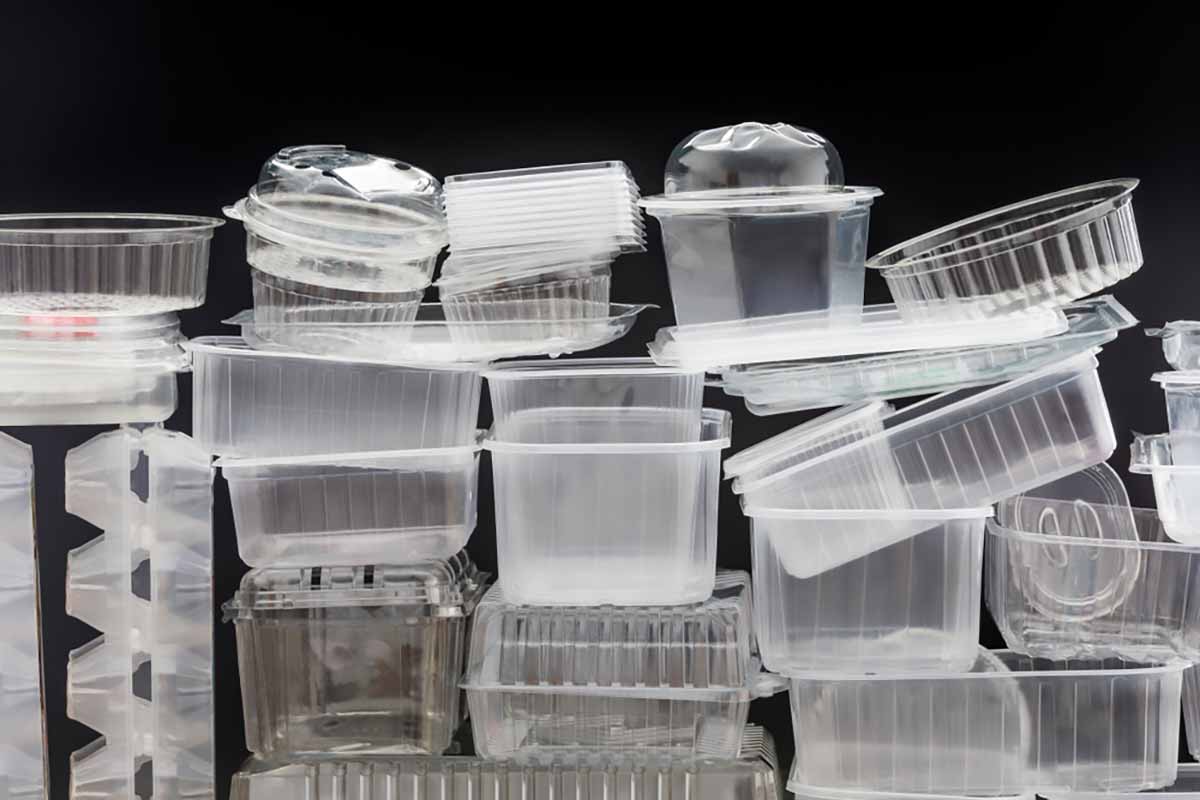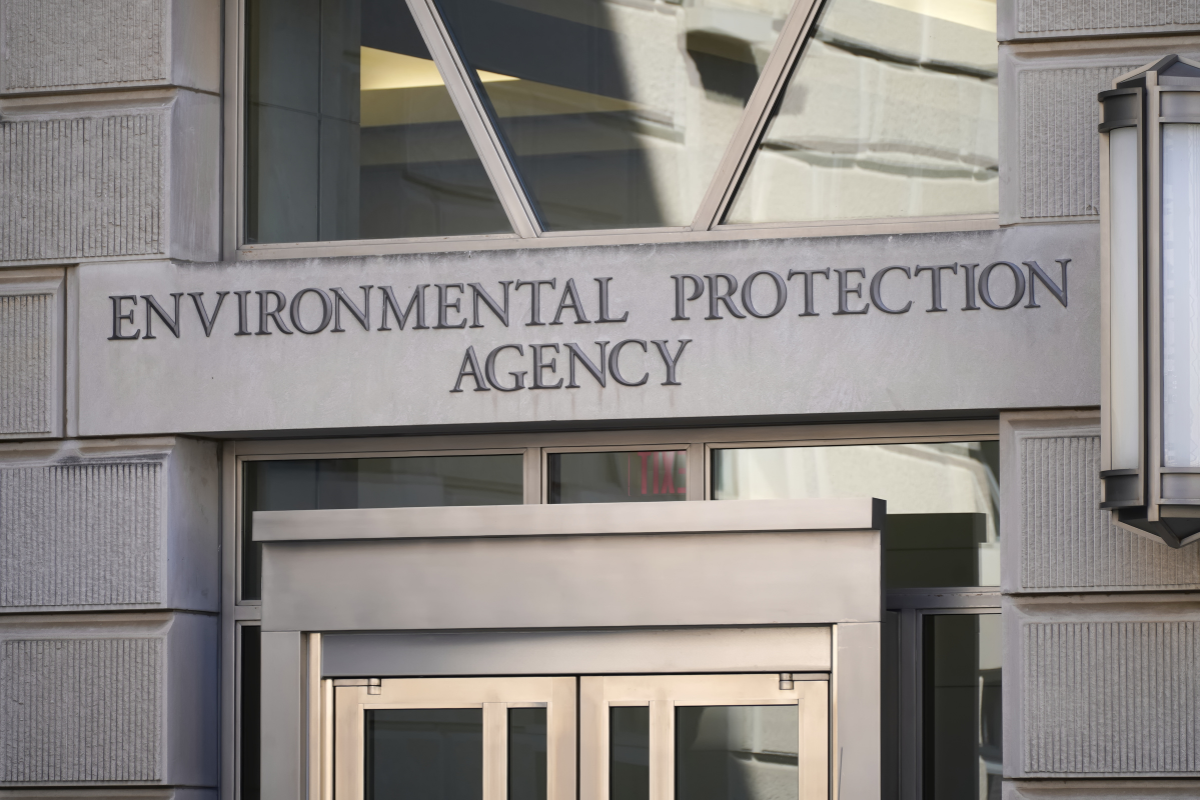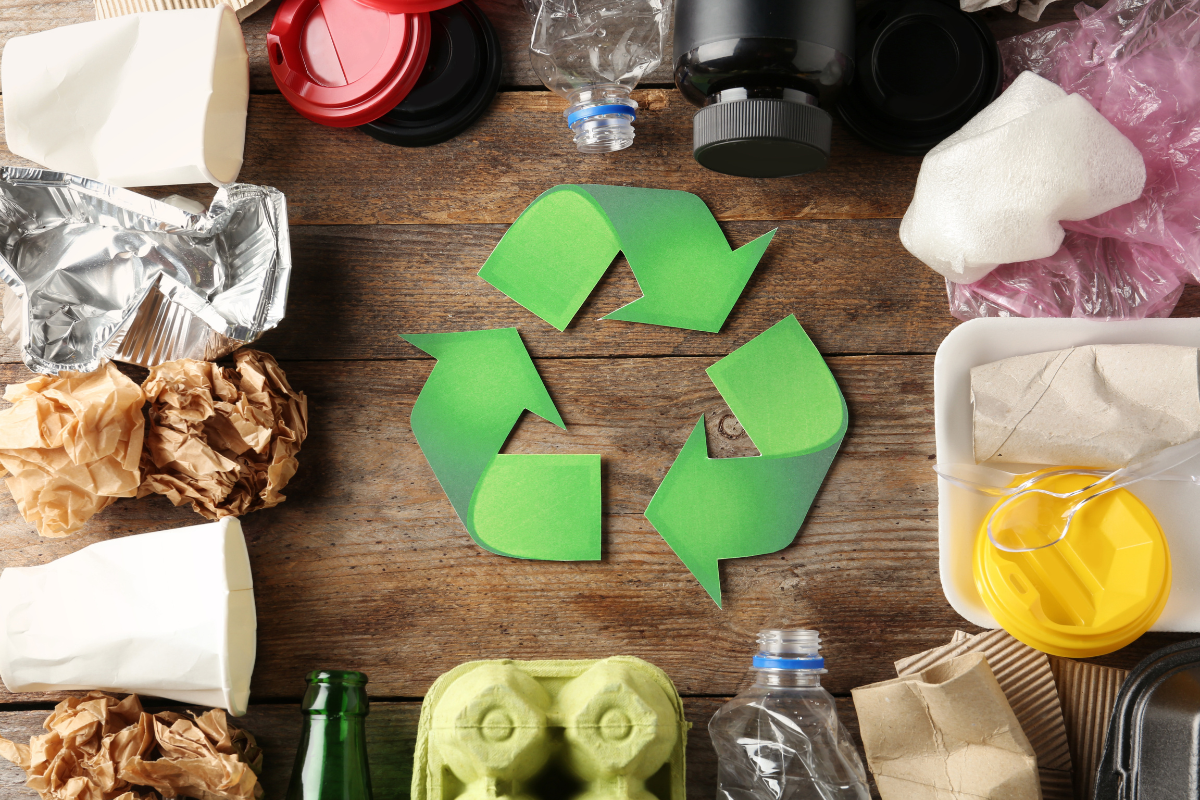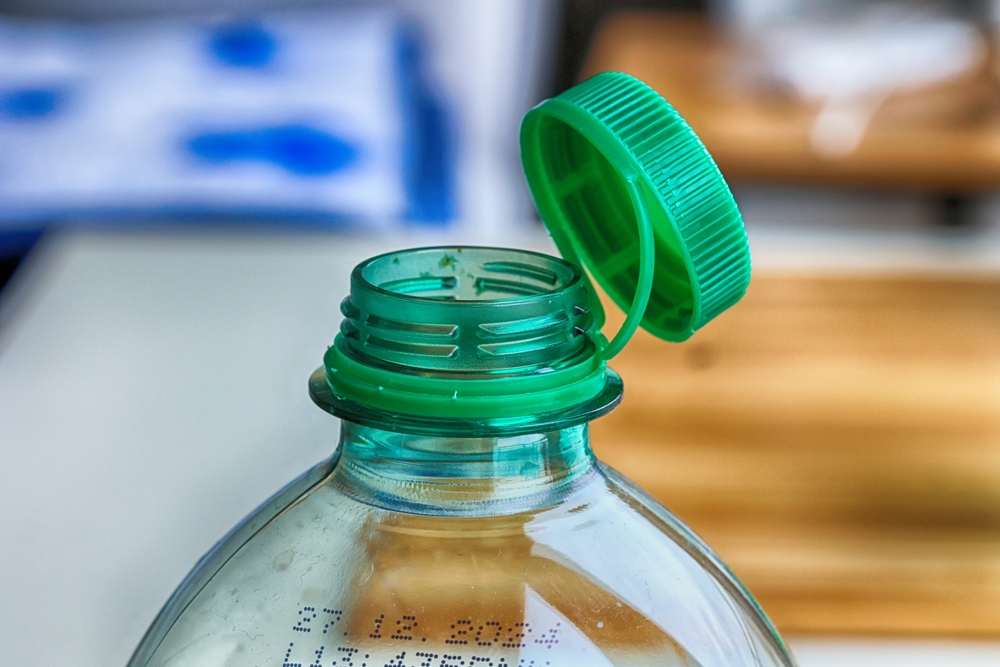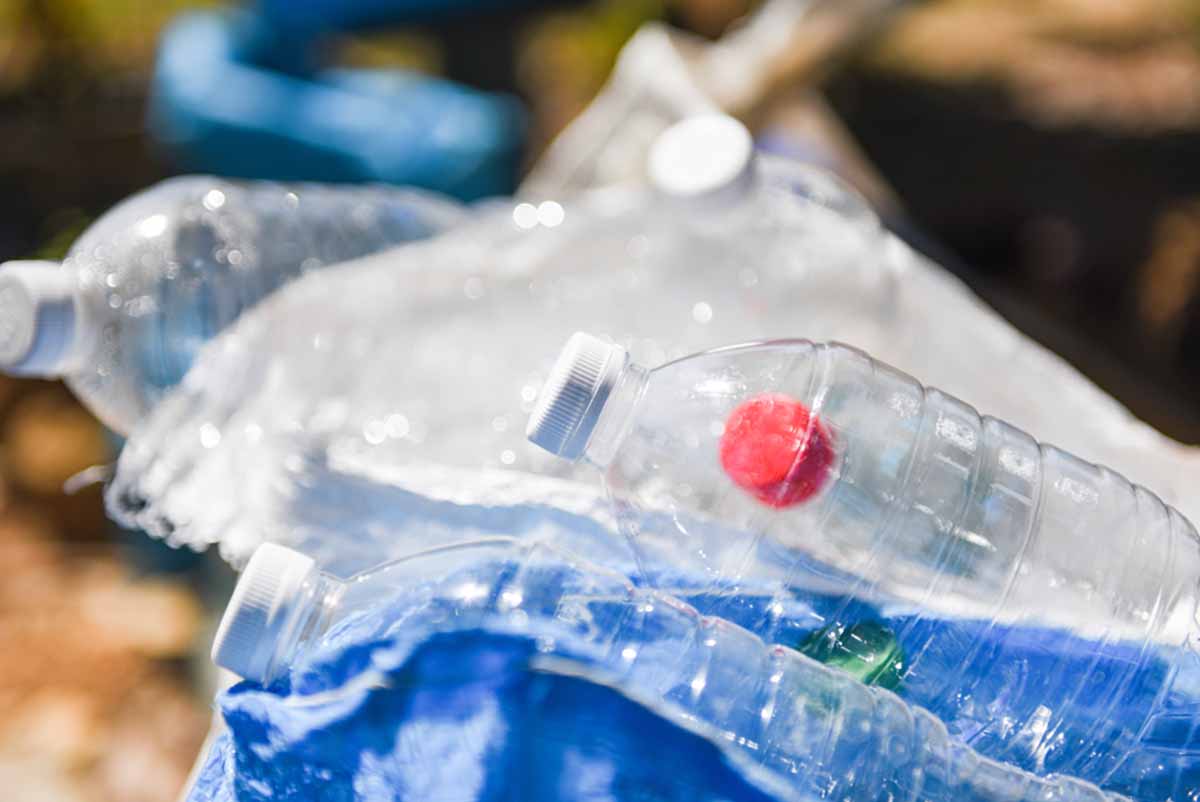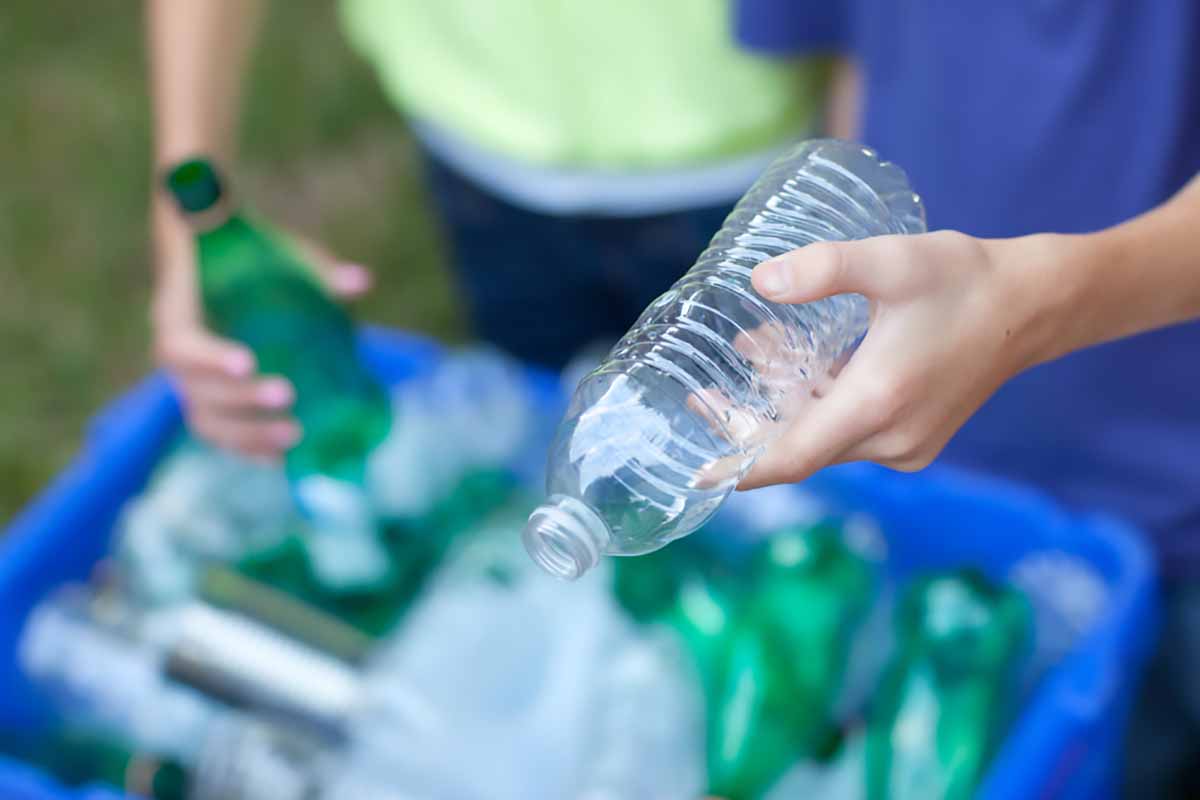
Candy conglomerate Mars outlined the company’s steps toward circularity and zero emissions in its 2024 sustainability report. | Courtesy of Berry Global and Mars
Candy and pet food giant Mars used 14,000 metric tons of recycled materials for its products in 2024, according to its recently released sustainability report. Continue Reading


